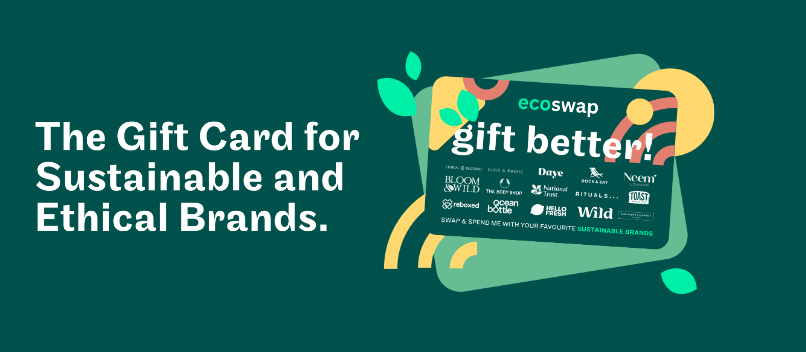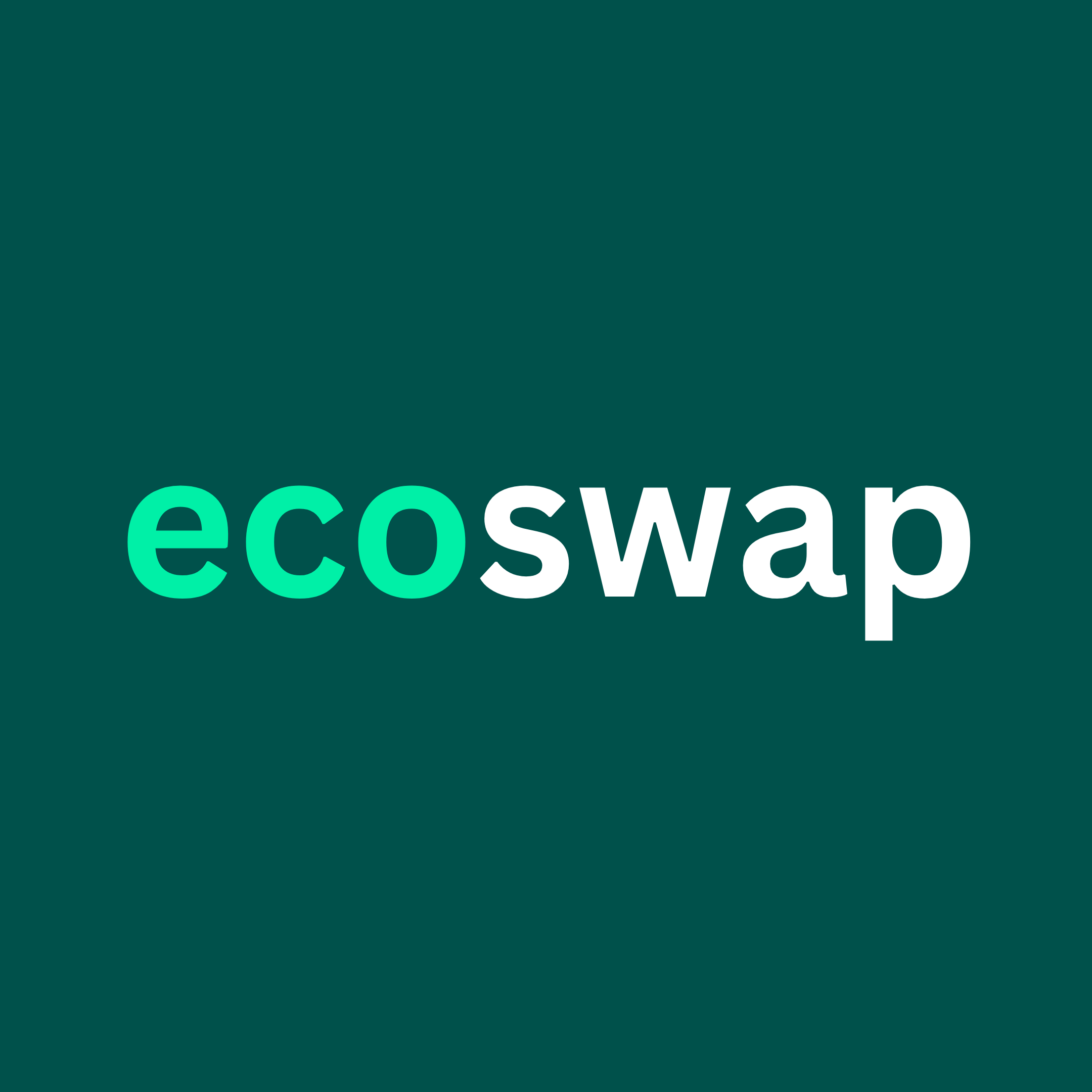

Ecoswap

1.6
London Borough of Islington, United Kingdom
October 2025
General retail via Internet
Wholesale/Retail
United Kingdom
EcoSwap is reimagining gifting by connecting people and businesses with sustainable and ethical brands through one simple digital gift card. Founded in London by Antony Gutsa and Paul Zhu, EcoSwap curates a growing selection of the UK’s favourite eco-friendly partners—making it easier to choose gifts that are better for people and the planet. Built with purpose at its core, EcoSwap champions sustainable consumption, empowers conscious consumer choice, and encourages organisations to adopt greener gifting practices. Every brand on the platform is carefully vetted and must meet rigorous sustainability criteria, including UK charity status or reputable accreditations such as B Corp, 1% for the Planet, or Climate Neutral. EcoSwap serves both individuals and organisations, offering options for personal gifting, bulk orders, corporate rewards, and recurring employee or customer programmes. By choosing EcoSwap, users help reduce waste, support mission-driven brands, and drive positive environmental and social impact—one gift at a time.
Overall B Impact Score
Governance 19.9
Governance evaluates a company's overall mission, engagement around its social/environmental impact, ethics, and transparency. This section also evaluates the ability of a company to protect their mission and formally consider stakeholders in decision making through their corporate structure (e.g. benefit corporation) or corporate governing documents.
What is this? A company with an Impact Business Model is intentionally designed to create a specific positive outcome for one of its stakeholders - such as workers, community, environment, or customers.
Community 35.8
Community evaluates a company’s engagement with and impact on the communities in which it operates, hires from, and sources from. Topics include diversity, equity & inclusion, economic impact, civic engagement, charitable giving, and supply chain management. In addition, this section recognizes business models that are designed to address specific community-oriented problems, such as poverty alleviation through fair trade sourcing or distribution via microenterprises, producer cooperative models, locally focused economic development, and formal charitable giving commitments.
Environment 21.1
Environment evaluates a company’s overall environmental management practices as well as its impact on the air, climate, water, land, and biodiversity. This includes the direct impact of a company’s operations and, when applicable its supply chain and distribution channels. This section also recognizes companies with environmentally innovative production processes and those that sell products or services that have a positive environmental impact. Some examples might include products and services that create renewable energy, reduce consumption or waste, conserve land or wildlife, provide less toxic alternatives to the market, or educate people about environmental problems.
Customers 5.0
Customers evaluates a company’s stewardship of its customers through the quality of its products and services, ethical marketing, data privacy and security, and feedback channels. In addition, this section recognizes products or services that are designed to address a particular social problem for or through its customers, such as health or educational products, arts & media products, serving underserved customers/clients, and services that improve the social impact of other businesses or organizations.